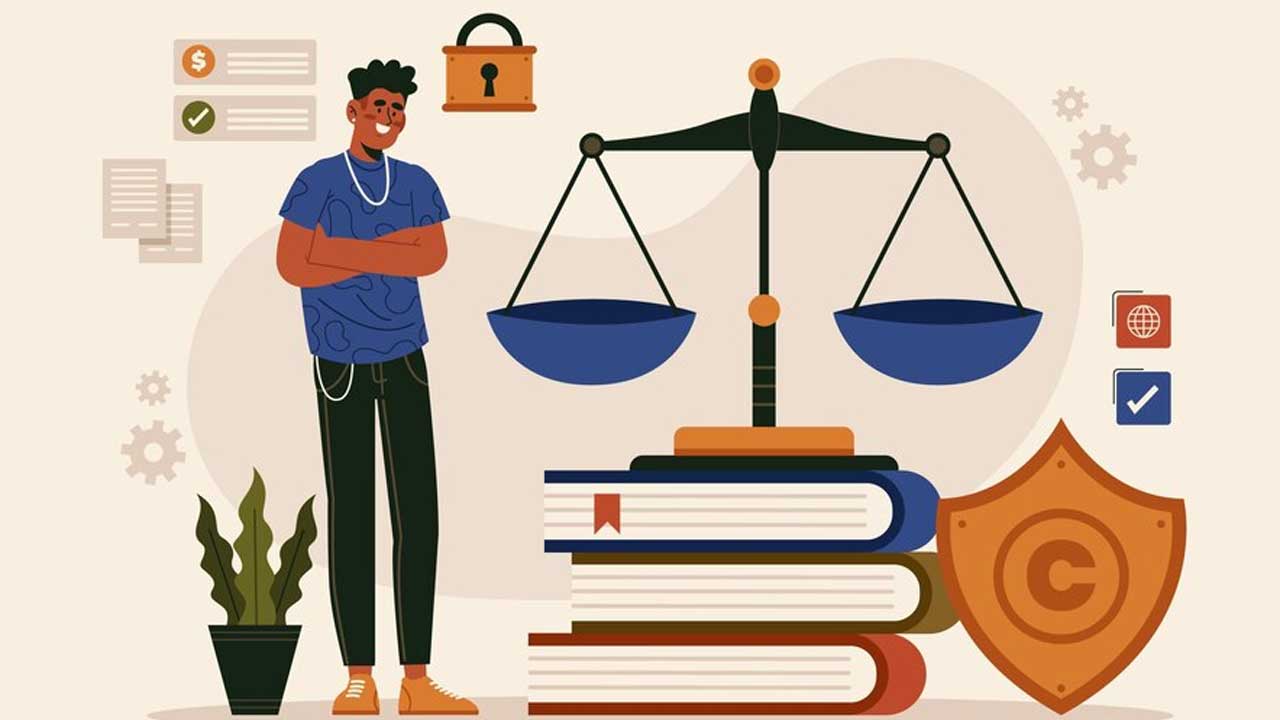- Civil Law
- Criminal Law
- Service Law
- Constitutional Law
- Land Revenue Law
- NDPS
- Corporate & Company Law
- Bankruptcy & Insolvency Law
- Sarfaesi & Rddbfi
- Customs / Import & Export
- Income Tax
- Gujctoc
- GST
- HR Employment & Labour Law
- Insurance Law
- Cyber Law
- Real Estate & Town Planning Law
- Family Law
- Telecommunication
- Infrastructure
- Pharmaceutical
- Health Care Law
- Consumer Law
- Trust Law
- Maritime Law
- Copywrite & Trademark Law
- Arbitration Law

HR Employment & Labour Law
Employment and labor law governs the relationship between employers and employees, addressing issues such as employment contracts, working conditions, wages, benefits, and the rights and responsibilities of both parties. Human Resources (HR) professionals play a crucial role in ensuring compliance with these laws and fostering a positive work environment. Here are key aspects of HR employment and labor law:
Employment Contracts:
- Offer Letters and Employment Agreements: HR is involved in drafting and reviewing employment contracts, including terms and conditions of employment, job responsibilities, compensation, and benefits.
Non-Discrimination and Equal Opportunity:
- Anti-Discrimination Laws: HR professionals need to ensure compliance with laws prohibiting discrimination based on factors such as race, gender, age, disability, religion, or national origin.
- Equal Opportunity Employment (EEO): Promoting a workplace that embraces diversity and follows EEO principles is an important HR function.
Wages and Hours:
- Minimum Wage: Ensuring compliance with minimum wage laws and regulations is essential.
- Overtime Pay: HR is responsible for managing overtime policies and ensuring adherence to overtime pay regulations.
Employee Benefits:
- Healthcare and Retirement Plans: HR manages employee benefits programs, including health insurance, retirement plans, and other perks, ensuring compliance with relevant laws.
- Employee Leave: HR addresses issues related to leave entitlements, including sick leave, vacation, and family and medical leave.
Workplace Safety:
- Occupational Safety and Health Administration (OSHA): HR ensures compliance with workplace safety regulations and takes steps to maintain a safe working environment.
Unions and Collective Bargaining:
- Labor Relations: HR may be involved in labor relations, including interactions with labor unions, negotiating collective bargaining agreements, and addressing union-related issues.
Employee Privacy:
- Confidentiality: HR professionals must handle employee information with confidentiality, complying with privacy laws and protecting sensitive data.
Termination and Layoffs:
- Termination Procedures: HR oversees termination processes, ensuring compliance with laws related to wrongful termination, severance pay, and notice requirements.
- Layoffs and Downsizing: In cases of downsizing or restructuring, HR navigates legal requirements and implements fair and ethical practices.
Employee Handbooks and Policies:
- Policy Development: HR is responsible for creating and updating employee handbooks, policies, and procedures to reflect legal requirements and company values.
Understanding and adhering to employment and labor laws is crucial for organizations to create a fair and legally compliant workplace. HR professionals play a vital role in implementing and enforcing these laws while also promoting a positive work environment that supports the well-being of employees.
